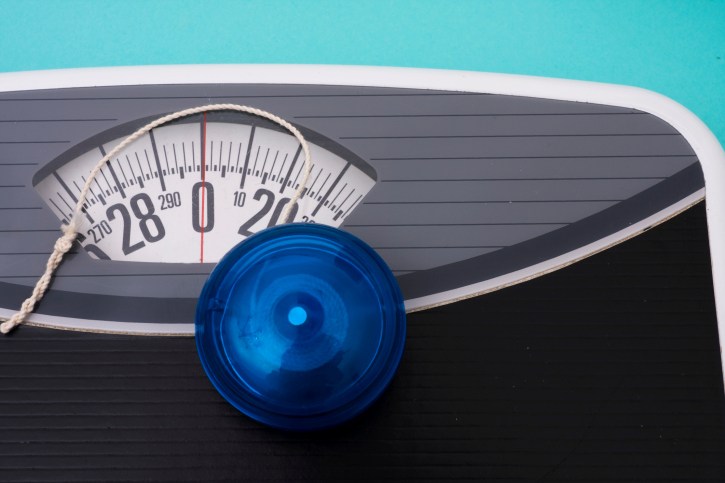Rapid Weight Loss Results: Is It Possible?
It is possible to experience rapid weight loss results, but the challenge is when the weight comes off too quickly at the expense of your health. In situations where a person is dealing with obesity or an overweight condition that is interfering with health or a normal lifestyle, doctors may recommend medical weight loss procedures. However, if this is not your situation, you are better off losing weight gradually, which is the best approach for achieving permanent weight loss results.

Surgical Procedures and Weight Loss Results
Examples of procedures leading to rapid weight loss results include liposuction and gastric bypass surgery. Liposuction involves surgically removing fat from specific locations in the body. The complications can include the risk of infection and possible scarring. Gastric bypass surgery reduces the size of the stomach and limits the bypass of foods through parts of the small intestine. This leads to a reduction in the amount of food consumed, as well as the number of calories absorbed by the body. Both of these procedures are risky, and are only recommended by doctors in cases of extreme obesity.
Rapid Weight Loss through Extreme Dieting
One commonly used approach for rapid weight loss is extreme dieting. Depending on your starting weight, it is possible to lose large amounts of weight through eating very little food every day. Extreme caloric restriction causes your body to metabolize existing fat and muscle to fuel your body. Dieters who take this approach might fast for an extensive period of time, resort to liquid meals only or avoid eating foods from specific food groups.
The outcome of extreme dieting is sometimes undesirable. The extreme restriction of calories and nutrients sometimes results in muscle atrophy. When your body metabolizes muscle for energy, you're likely to lose more water. In this case, the scale might give the impression that you are losing fat, but in reality, your scale weight will increase as soon as you resume normal eating patterns and your body retains the normal amount of water.
In many cases, extreme dieting does result in fat loss; the likely outcome, however, is diminished energy and an inability to sustain the diet long-term. Nausea, fatigue and headaches are some of the symptoms of extreme diets, particularly those requiring eating very little and/or drinking your meals. Furthermore, when you take extreme measures to lose weight, the effects are usually temporary. As soon as you resume your old eating patterns, the weight often returns.
Achieving Long-Term Weight Loss Results
To achieve weight loss results that stand the test of time, studies show that a slow and gradual approach delivers the best outcomes. When you set your weight loss goal at one to two pounds per week, your body and mind do not have to endure extreme stress. You can lose weight while supplying your body with much-needed nutrition. Allowing yourself weeks and months to take off the weight often translates into establishing healthy eating and exercise patterns.
-
Hazards In The Household: Microwaves, Air Fresheners And Water Bottles
Microwaves Almost every house and most places of employment own and o
-
Truth about Muscle Building
The greatest mistake that a lot of people make throughout their six-pa
-
Weight Loss Tip Attack Body Fat
Body fat forms when calories are converted into fat and stored for fut
-
The Best Summer Foods To Eat If You Want To Lose Weight
FINALLY! Summer has arri
-
Weight Loss Strategies That Are Proven To Work
If you have to be brutally honest with yourself, how many diets have y
-
Healthy Eating - Let's Get Back On Track
Almost everyone overeats and under exercises at Christmas. Yes, thi
- DON'T MISS
- Body Mass Index The Importance Of Knowing Your Number
- Is Junk In The Trunk Still Healthy?
- Dementia risk higher in those with chronic conditions
- In Search Of The Quick Weight Loss Diet
- How Effective Is Your Weight Management - Some Food For Thought!
- FDA: cilantro temporarily banned due to cyclosporiasis outbreak
- Four Essential Factors Required In Any Diet Solution Program
- Weight Loss Naturally
- Take Hold Of Your Weight Problem With These Tips
- Want To Lose Weight? Eat More Of This Food




